Summaries of books about History & Biographies:
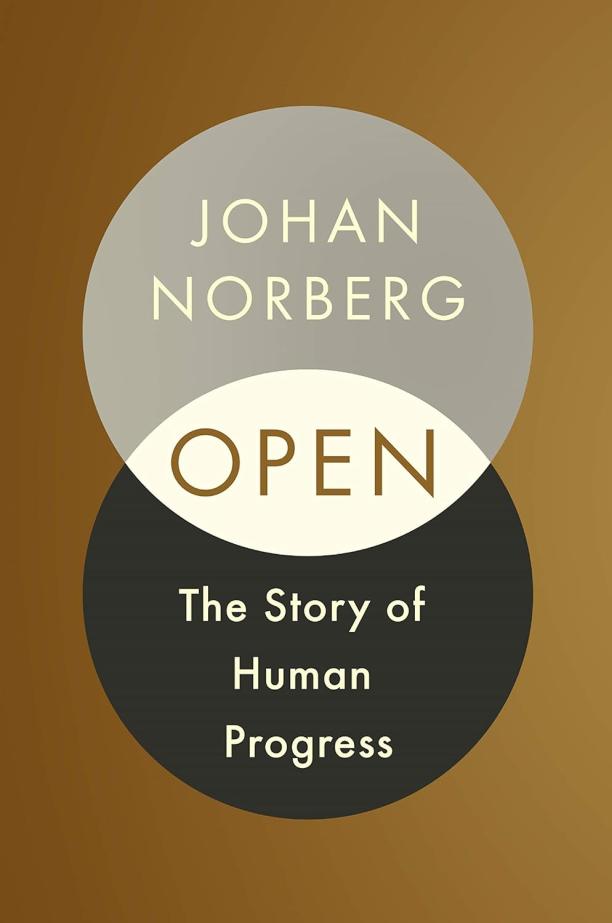
Open
The Story of Human Progress
Johan Norberg
The book explores the history of human civilization, emphasizing the importance of openness in cultural, economic, and political progress. It argues that societies thrive through exchange and cooperation, warning against the dangers of isolationism and protectionism.
See full summary
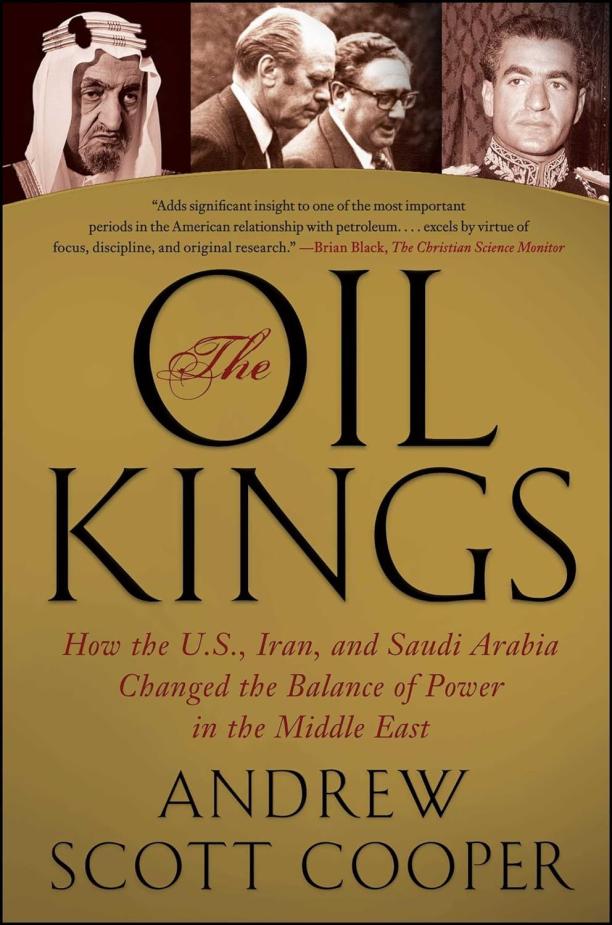
The Oil Kings
How the U.S., Iran, and Saudi Arabia Changed the Balance of Power in the Middle East
Andrew Scott Cooper
The book delves into the complex geopolitical relationships and oil diplomacy between the United States, Iran, and Saudi Arabia during the 1960s and 1970s, revealing how these interactions shaped the political landscape of the Middle East. It provides an in-depth look at the economic and political maneuvers that led to shifting alliances and the eventual transformation of the region's balance of power.
See full summary
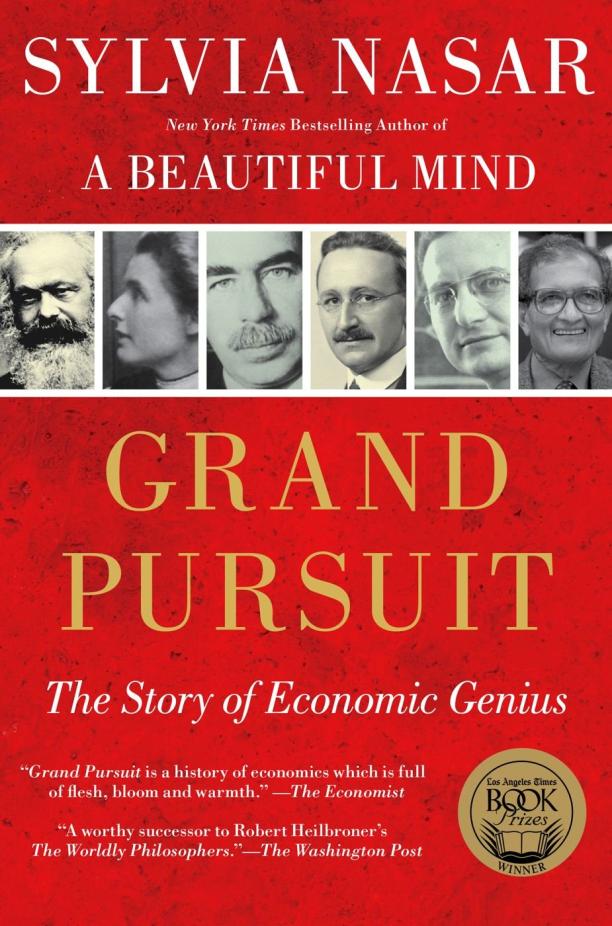
Grand Pursuit
The Story of Economic Genius
Sylvia Nasar
The book traces the evolution of modern economics through the lives and ideas of influential thinkers such as Karl Marx, John Maynard Keynes, and Milton Friedman. It explores how these economists' groundbreaking theories shaped public policy and understanding of issues like poverty, wealth, and progress from the 19th century to the present.
See full summary
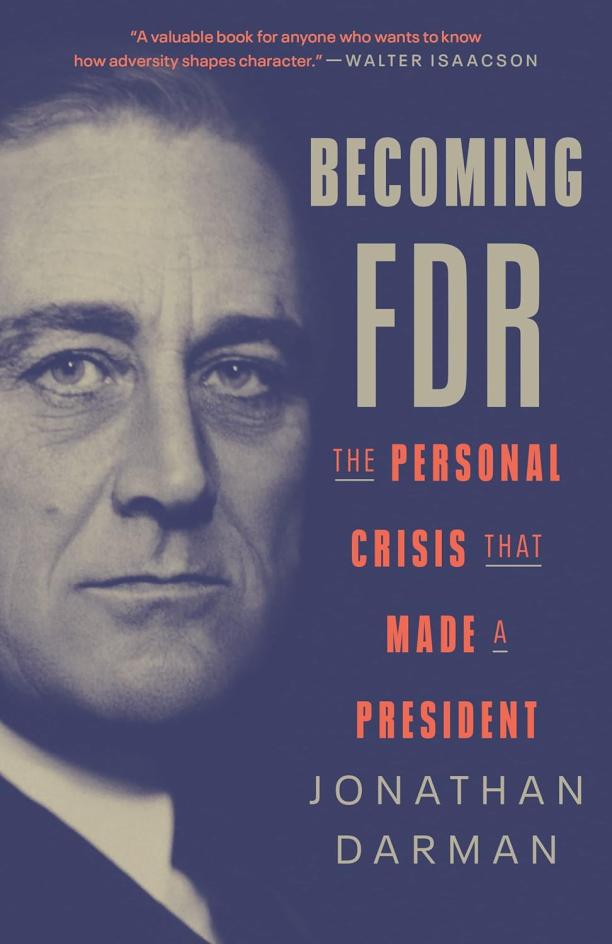
Becoming FDR
The Personal Crisis That Made a President
Jonathan Darman
The book delves into Franklin D. Roosevelt's transformation following his battle with polio, examining how the personal crisis and his fight to overcome it shaped his character and political career. It explores the pivotal period in which Roosevelt's empathy, resilience, and leadership qualities were forged, setting the stage for his presidency during the Great Depression and World War II.
See full summary
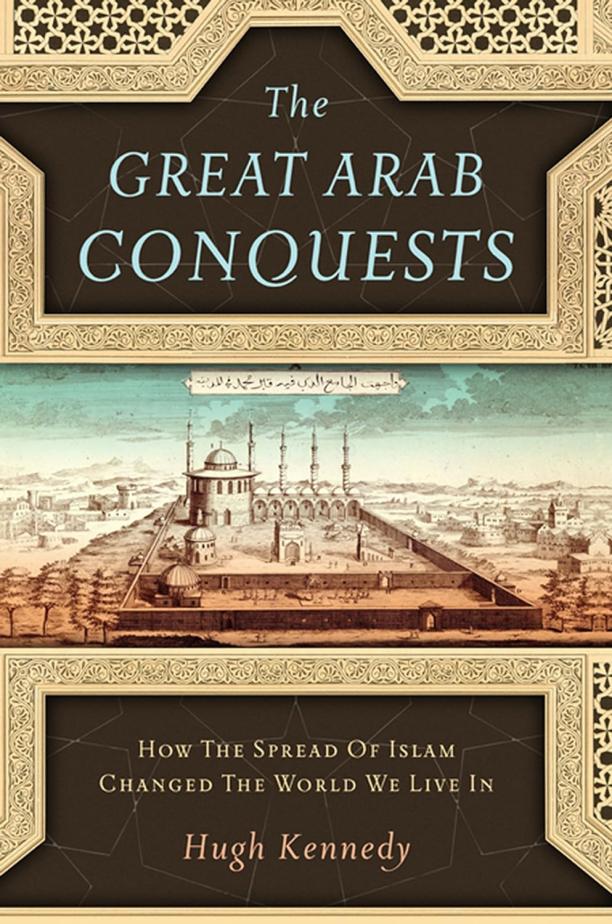
The Great Arab Conquests
How the Spread of Islam Changed the World We Live In
Hugh Kennedy
The book chronicles the historical expansion of Arab armies and the spread of Islam from the Arabian Peninsula across the Middle East, North Africa, and into Europe within the seventh and eighth centuries. It delves into the military strategies, political developments, and cultural transformations that accompanied these conquests, shaping the foundations of the Islamic world.
See full summary
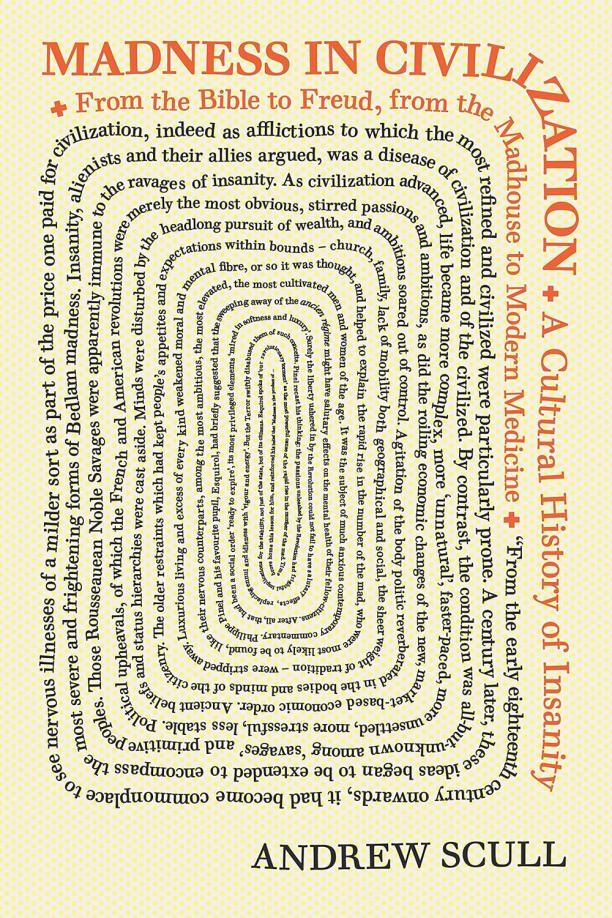
Madness in Civilization
A Cultural History of Insanity, from the Bible to Freud, from the Madhouse to Modern Medicine
Andrew Scull
The book traces the historical perception and treatment of mental illness, exploring how madness has been understood through religious, medical, and social lenses. It examines the evolution of psychiatric theories and institutions, from ancient times to the advent of contemporary mental health practices.
See full summary
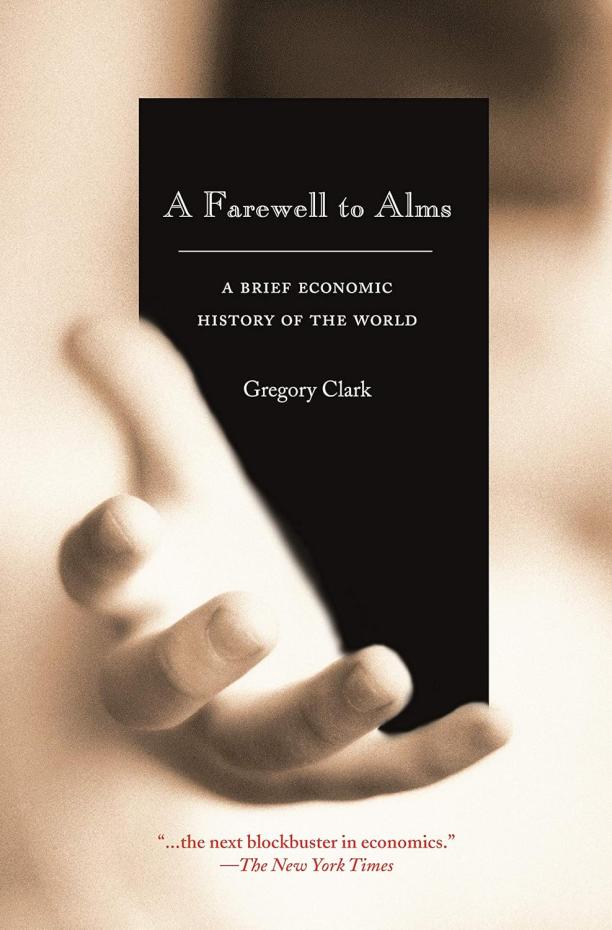
A Farewell to Alms
A Brief Economic History of the World
Gregory Clark
The book presents a provocative examination of the reasons for the divergence in economic growth between industrialized nations and poorer parts of the world since the Industrial Revolution. It argues that differences in productivity and economic success may be attributed to long-term cultural and genetic changes among populations, challenging conventional explanations based on institutional and policy factors.
See full summary
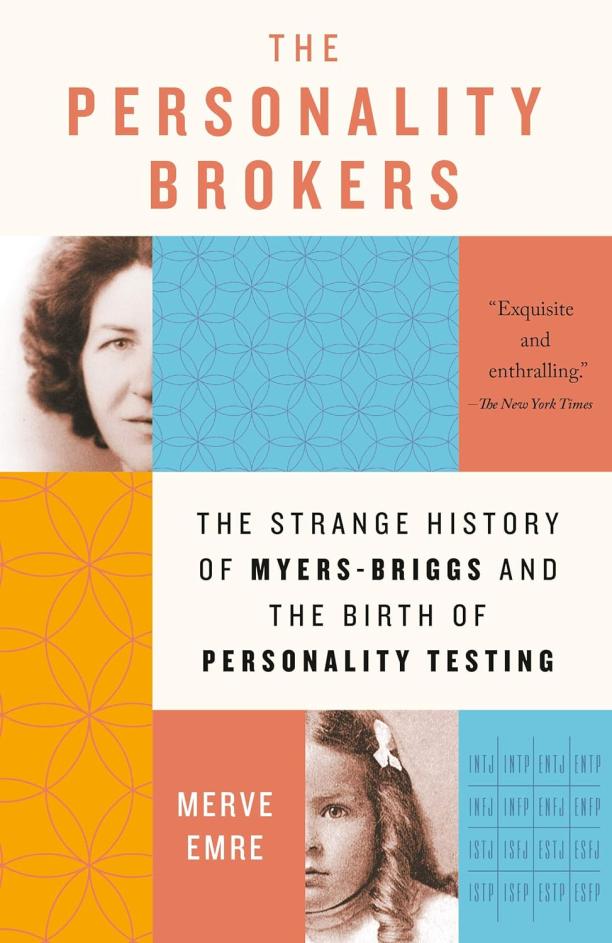
The Personality Brokers
The Strange History of Myers-Briggs and the Birth of Personality Testing
Merve Emre
The book delves into the history of the Myers-Briggs Type Indicator (MBTI), exploring its creation by Katharine Cook Briggs and her daughter Isabel Briggs Myers, who had no formal training in psychology. It examines the widespread adoption of the MBTI in various sectors, despite criticism from the scientific community, and its impact on culture, business, and individual self-understanding.
See full summary
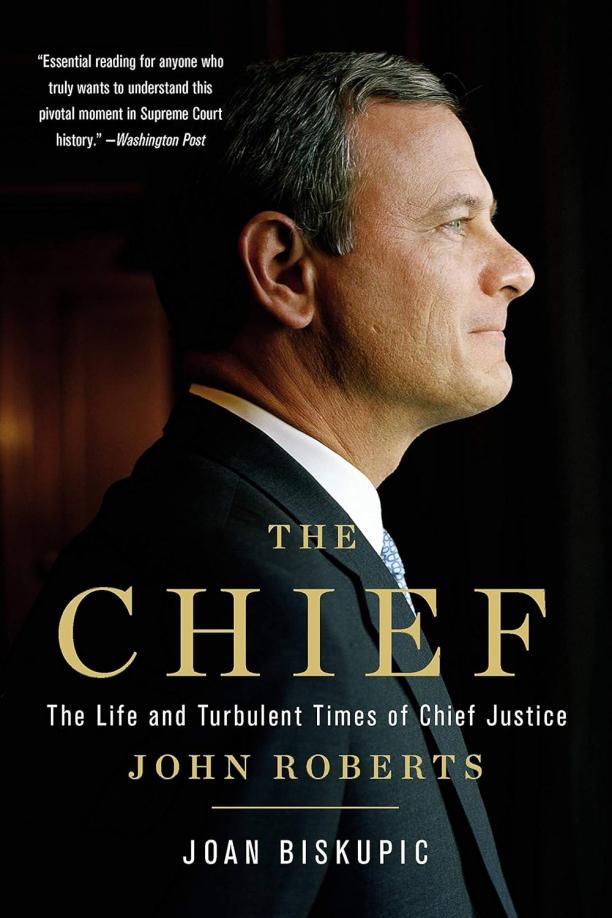
The Chief
The Life and Turbulent Times of Chief Justice John Roberts
Joan Biskupic
The book provides an in-depth look at the career and judicial philosophy of John Roberts, exploring his role in shaping American law as the 17th Chief Justice of the United States. It delves into his personal life, landmark rulings, and the complex dynamics within the Supreme Court during his tenure.
See full summary
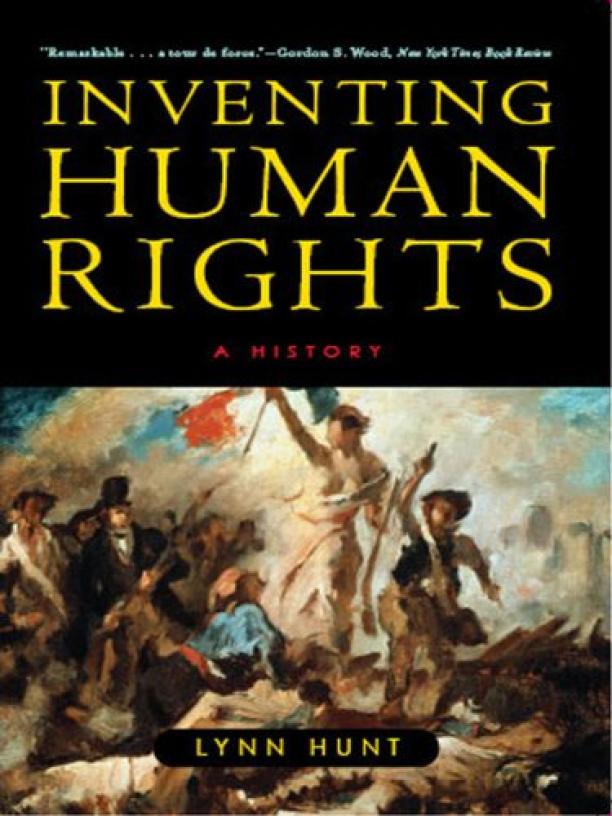
Inventing Human Rights
A History
Lynn Hunt
The book traces the evolution of human rights from the 18th century, examining how literature and political events like the American and French revolutions shaped the concept. It argues that the development of empathy through the novel as a literary form played a crucial role in making human rights a universal concern.
See full summary